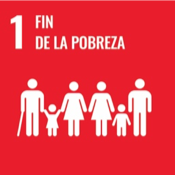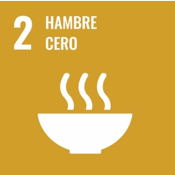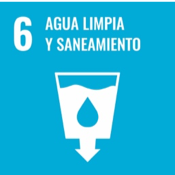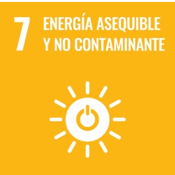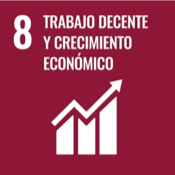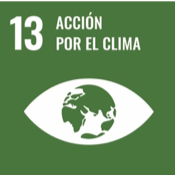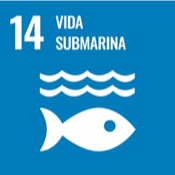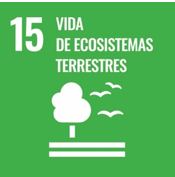Third report on the Contribution of Colombian Carbon Market Projects to achieving the Sustainable Development Goals
REDD+, F/R and Energy Sectors 2024
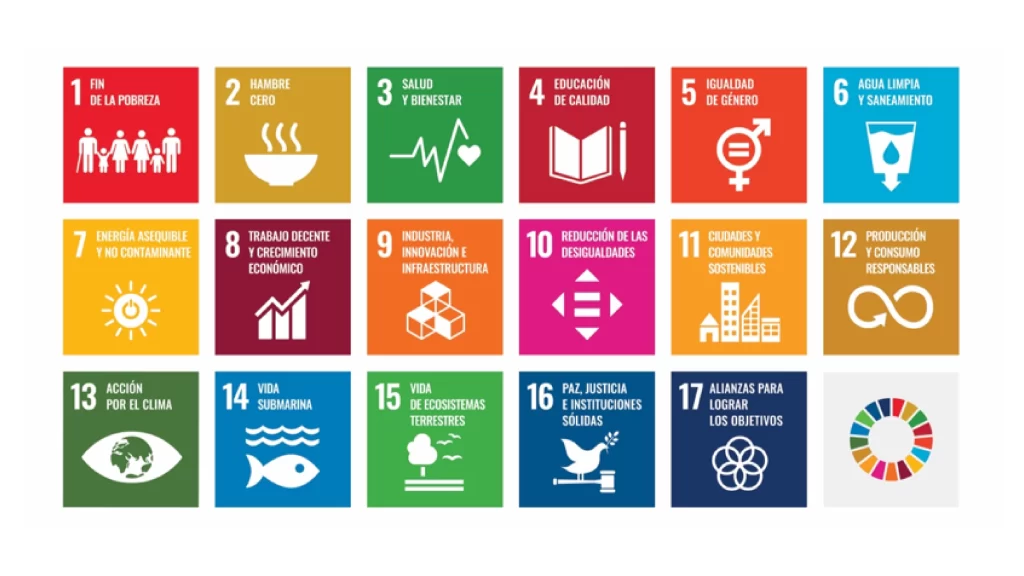

Introduction
This report presents, through aggregate indicators, the contribution of carbon market projects in the sectors of Reducing Emissions from Deforestation and Forest Degradation (REDD+), Afforestation and Reforestation (A/R) and the energy sector to the achievement of sustainable development objectives. To this end, indicators associated with the main sustainable development objectives to which projects in these sectors contribute were constructed and applied. The detailed description of the methodology used to construct the indicators is presented in Annex 1. Methodology.
The analysis was based on the database of 189 Asocarbono GHG mitigation projects for the three prioritized sectors. The time period taken as a reference for this study was the period between 2015 and 2023. Taking these criteria as a reference, for the period, a total of 161 projects from the following sectors were analyzed: REDD+: 52 projects, F/R: 74 projects and Energy: 35 projects.
To construct the indicators for these projects, the information contained in the Project Design Documents (PDD), verification reports and summaries published in the carbon standards was used, information corresponding to projects that were not taken into account for the first report was added, and data from the 2023 indicators was corrected. Additionally, specific information was designed and compiled in the forms sent and completed by project developers/owners.

